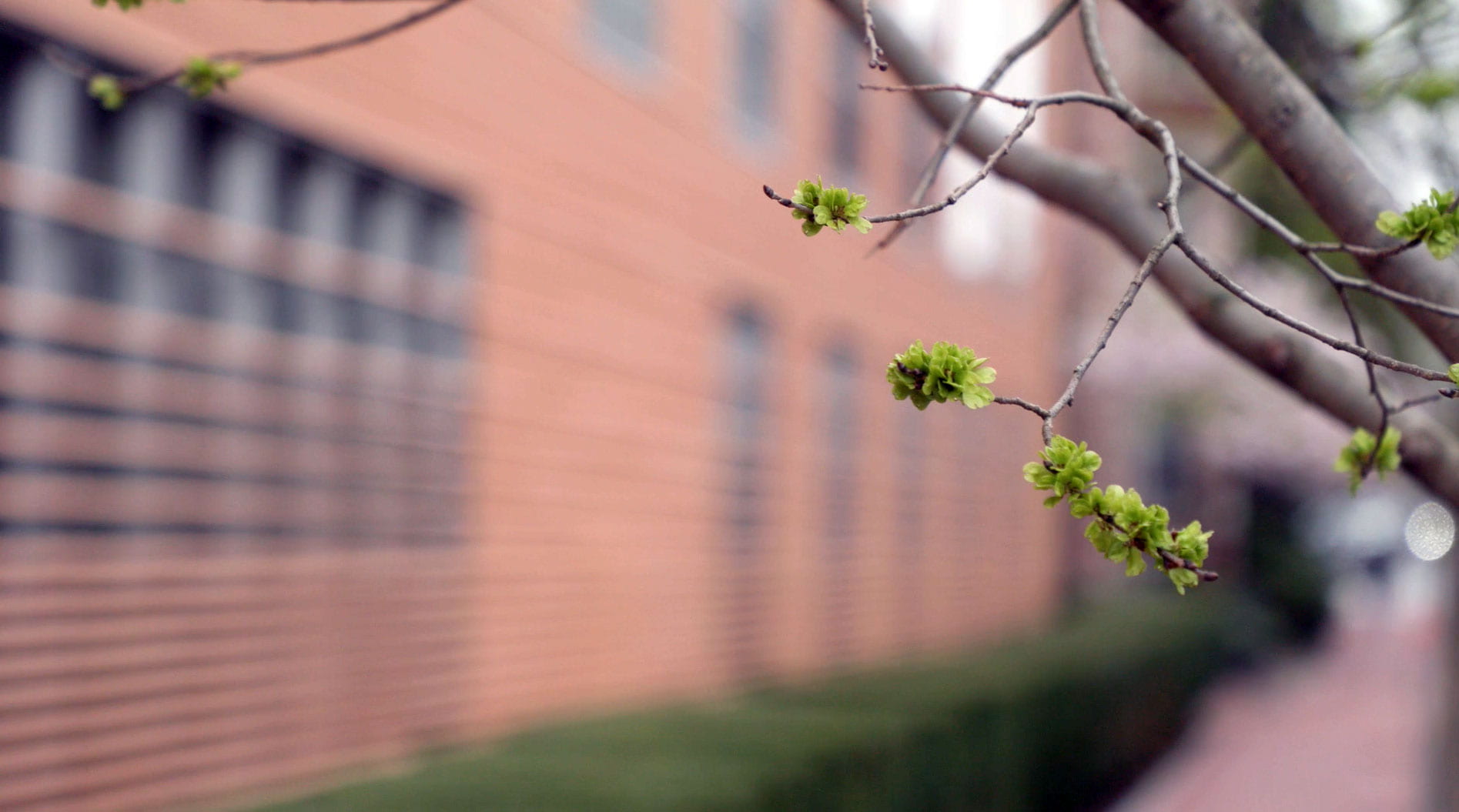KATRINA FORRESTER, HARVARD UNIVERSITY, RECEIVES 2020 MERLE CURTI INTELLECTUAL HISTORY AWARD FROM THE ORGANIZATION OF AMERICAN HISTORIANS
BLOOMINGTON, IN—Joanne Meyerowitz, Yale University, OAH President 2019–2020, and George J. Sanchez, University of Southern California, OAH President 2020–2021, announce that Katrina Forrester, Harvard University, receives the OAH’s prestigious 2020Merle Curti Intellectual History Award, which is given annually for the best book in American intellectual history.
Katrina Forrester, Harvard University, In the Shadow of Justice: Postwar Liberalism and the Remaking of Political Philosophy (Princeton University Press). Katrina Forrester takes on the legacy of one of the most influential books of the twentieth century: John Rawls’s A Theory of Justice (1971). Rawls set the terms for conversations about equality and justice, and had an outsized impact on both political philosophy and the larger project of liberalism. Even as individuals at various points on the ideological spectrum debated elements of what Rawls proposed—how we might seek justice and egalitarianism, specifically within capitalist welfare states—they implicitly adhered to the paradigm he established. It is impossible to read Forrester’s book without recognizing uncomfortably how Rawls’s work has shaped our academic and personal assumptions. Yet Rawls’s paradigm also created impossible blind spots for thinking about continuing challenges to justice in a changing world, Forrester shows. Rawls’s ideas emerged from a midcentury milieu that understood the state and social justice efforts in ways that have become increasingly unrecognizable over time. With the rise of neoliberalism, deregulation, authoritarianism, dramatic wealth inequality, and renewed racism and nationalism, Rawls’s foundational concepts now appear exceptionally dated. Only by understanding their interpretive power and the contexts within which they emerged, Forrester demonstrates powerfully, can we begin to establish new ground rules for thinking about justice.
For more information, visit oah.org or call 812.855.7311.
# # #
ABOUT THE ORGANIZATION OF AMERICAN HISTORIANS
Founded in 1907, the Organization of American Historians (OAH) is the world’s largest professional association dedicated to American history scholarship. With more than 7,000 members from the U.S. and abroad, OAH promotes excellence in the scholarship, teaching, and presentation of American history, encouraging wide discussion of historical questions and equitable treatment of history practitioners. It publishes the quarterly Journal of American History, the leading scholarly publication and journal of record in the field of American history for more than a century. It also publishes The American Historian magazine. Formerly known as the Mississippi Valley Historical Association (MVHA), the association became the OAH in 1965 to reflect a broader scope focusing on national studies of American history. The OAH national headquarters are located in the historic Raintree House on Indiana University’s Bloomington campus.
